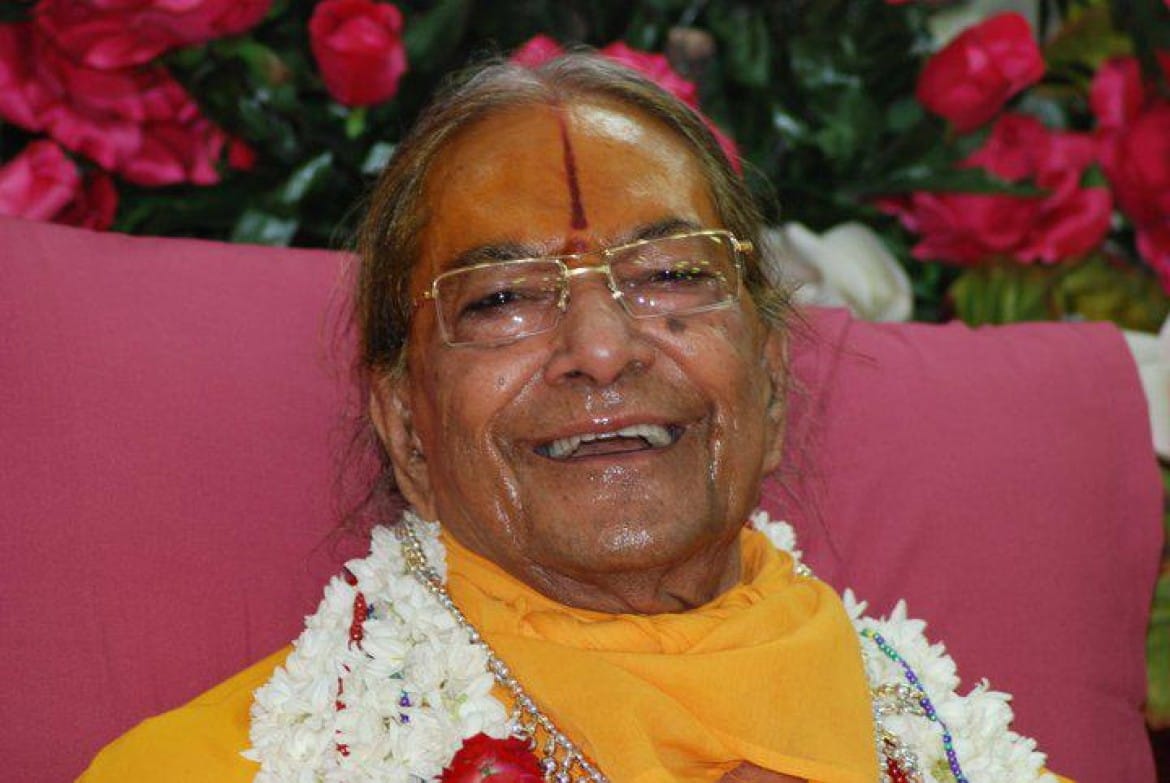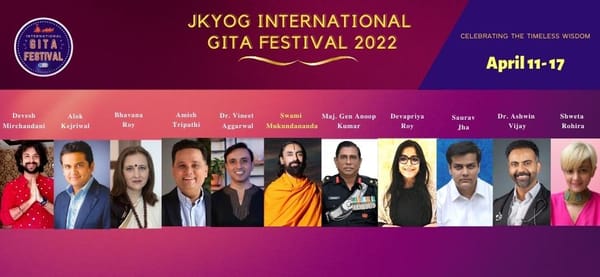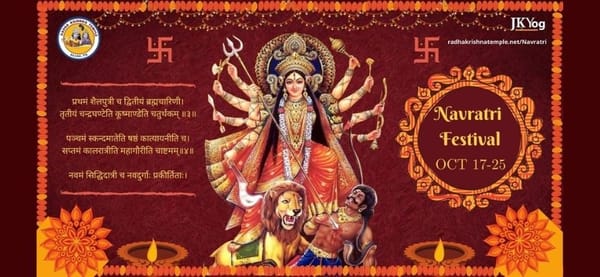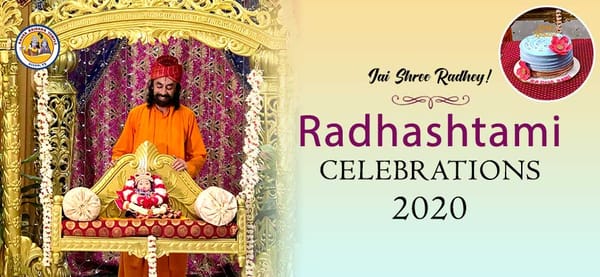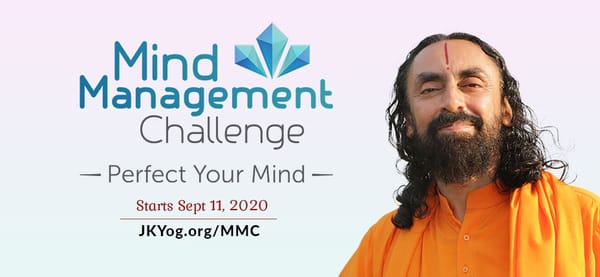- Difference between Material and Spiritual happiness.
- What does Vedas say about being happy?
- God is happiness.
Every soul of the world desires happiness. But why does he desire happiness? This he doesn’t know. What is happiness? He does not know this too. Where is happiness? How will he get happiness? This too is unknown. But for receiving this happiness, he has tried every moment since eternity and, as long as that happiness is not attained, he will keep on trying. What is happiness? Let us first understand this.
Happiness is a word synonymous with God. Whether one says “Happiness” or ‘Bhagwan” or “Khuda” or “God’, all these have one meaning. It is not that happiness is in God, God is happiness or Anand. The Vedas explains that ‘Happiness and ‘God’ are synonymous terms. Then what does this mean? The Ramayan says
इश्वर अंस जीव अविनाशी
चेतन अमल सहज शुख राशि
So we are a fraction of God, Who is happiness? That is why without being taught by anyone, we naturally desire happiness? When a baby is born, he shouts ‘I want happiness!’ You might say that a baby doesn’t even know how to speak, how could he shout or demand? No, as soon as a baby is born, he cries. Why does he cry? He does not want the discomfort and pain he suffered during his birth, he desires happiness. So he cries to end his pain and demands happiness. So we are a fraction of happiness. And that is why we naturally desire happiness. Every fraction naturally desires its origin, and by attaining that, becomes complete. This is the law of nature.
So happiness is another name for God and we are a fraction of God, so we desire happiness. We can never desire unhappiness. Even if we were to try to desire unhappiness, it is still impossible. Whoever it is, whether a dog, a cat, or donkey, an atheist or a believer in God, a beggar or a multi-billionaire, any personality, everyone naturally desires happiness, Anand. Call the same Anand as happiness, call it peace, call it enjoyment, and say it in any language. So is there happiness in this world or not? How do you determine this? The Veda has given a definition of Anand, happiness.
यो वै भूमा तत् सुखम्
That which is of an unlimited limit is called happiness. And that which remains forever. These are two definitions. Now let us see what the happiness of the world is like. First it is limited, because beyond it, a greater happiness always exists.
In our world, those who are millionaires are surpassed by multi-millionaires, and ahead of them are billionaires, and ahead of them are multi-millionaires, and the richest person is Bill gates, and richer than him is Kuber, the God of wealth. Each one is greater than the other. This means that worldly happiness is not an unlimited limit, and even that which exists, keeps on fluctuating and ultimately ends.
Just like, you hugged your mother. The first time there was a lot of happiness. The second time it was less. The third time it decreased further, by the fourth time it was finished. You ate Rasgulla you liked the first Rasagulla very much, the second less than that, the third less than that, and by the fourth, happiness was finished. We experience this daily in the world.
So there are two defects in worldly happiness. First, it is not unlimited, and it is not for an unlimited time. The thing we receive happiness from the very same thing gives us sorrow. And we want that happiness which is unlimited and which lasts forever. So such happiness is with the unlimited ocean of Divine happiness, Krishna, or you can say Krishna is that happiness.
Happiness is not in celestial abodes nor in the world nor in the hellish abodes. Nowhere in the three abodes is there even a trace of that happiness. So if we want happiness, we will get that happiness only from Krishna. But he is not visible anywhere, so how will we get that happiness?
To be continued…


